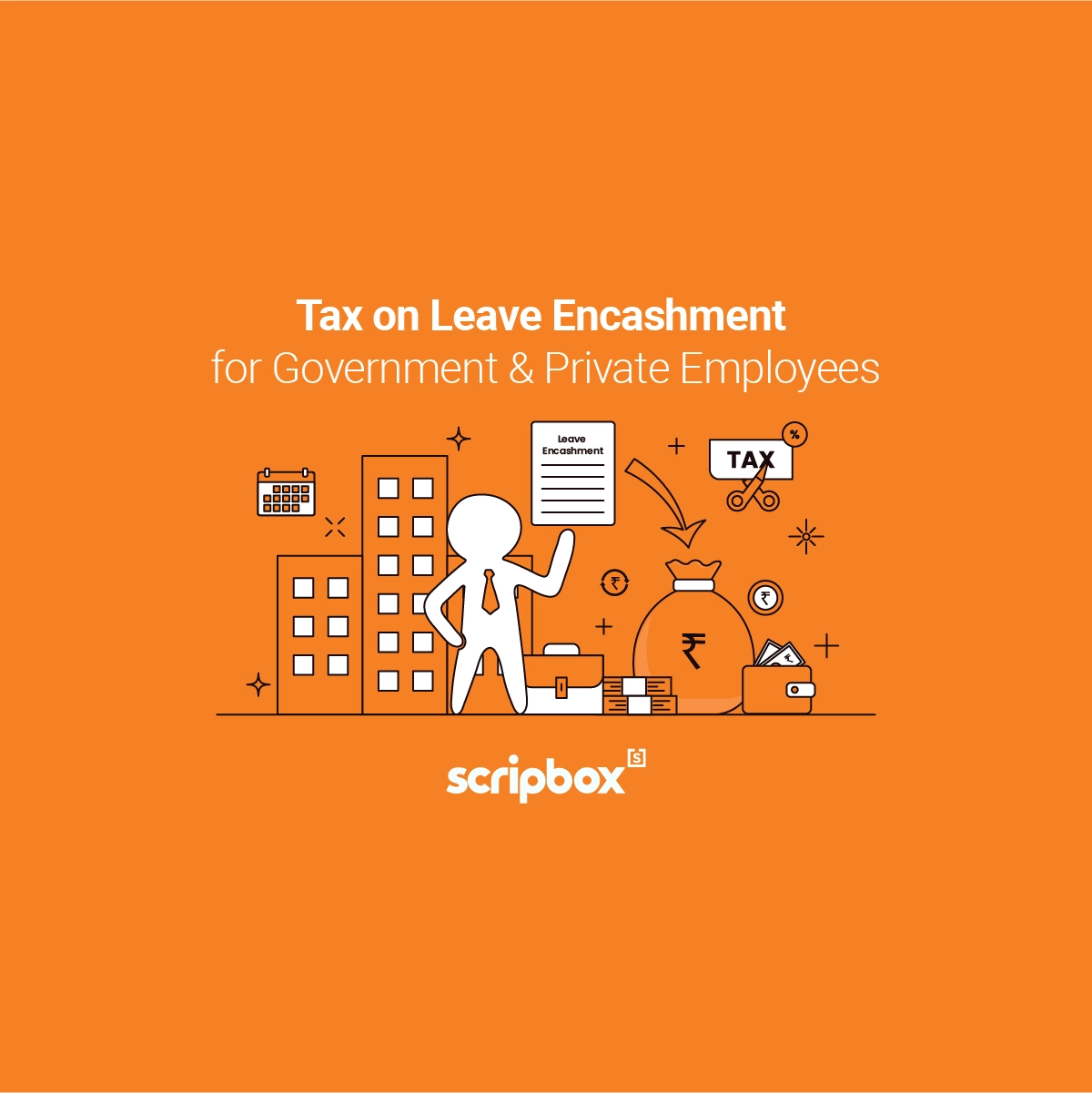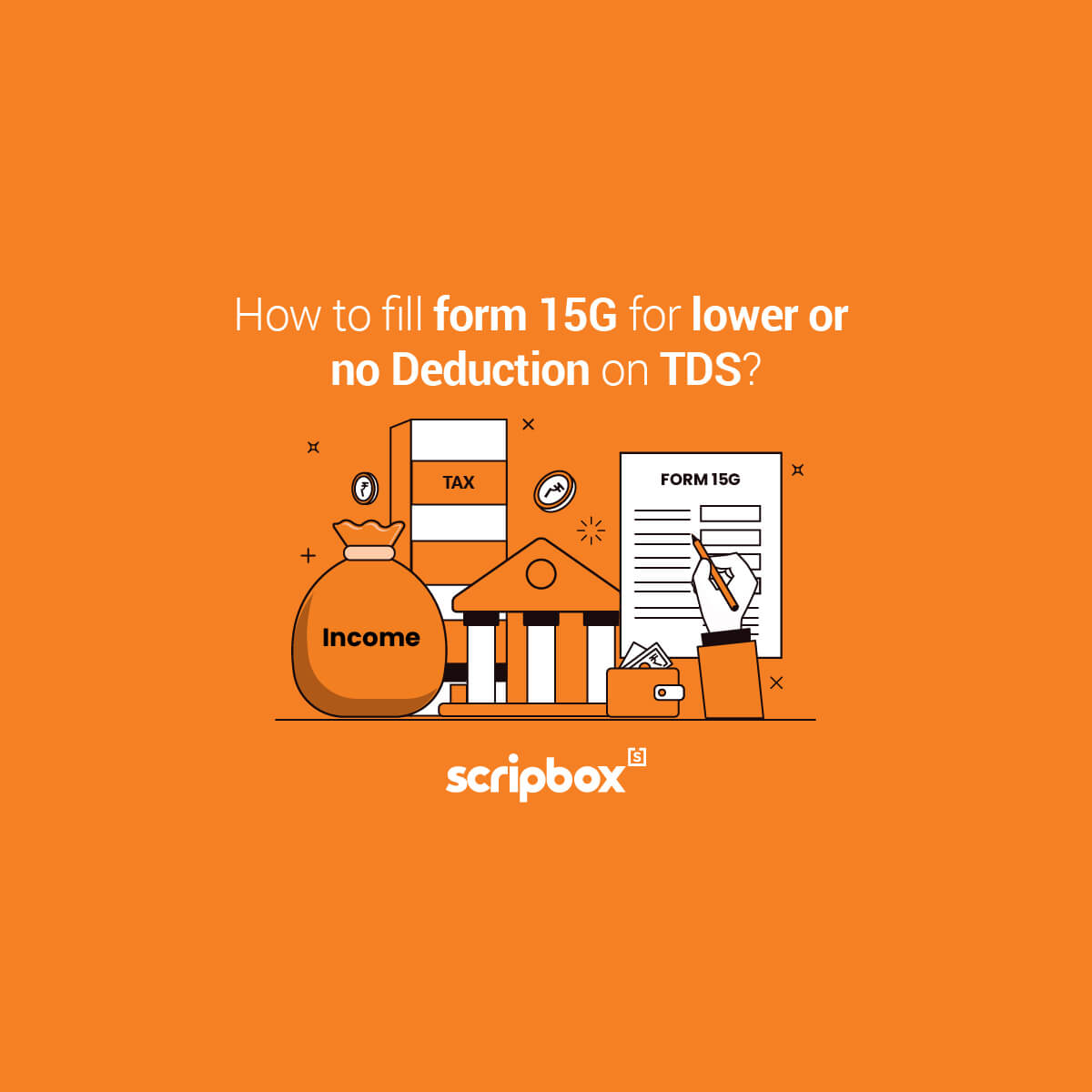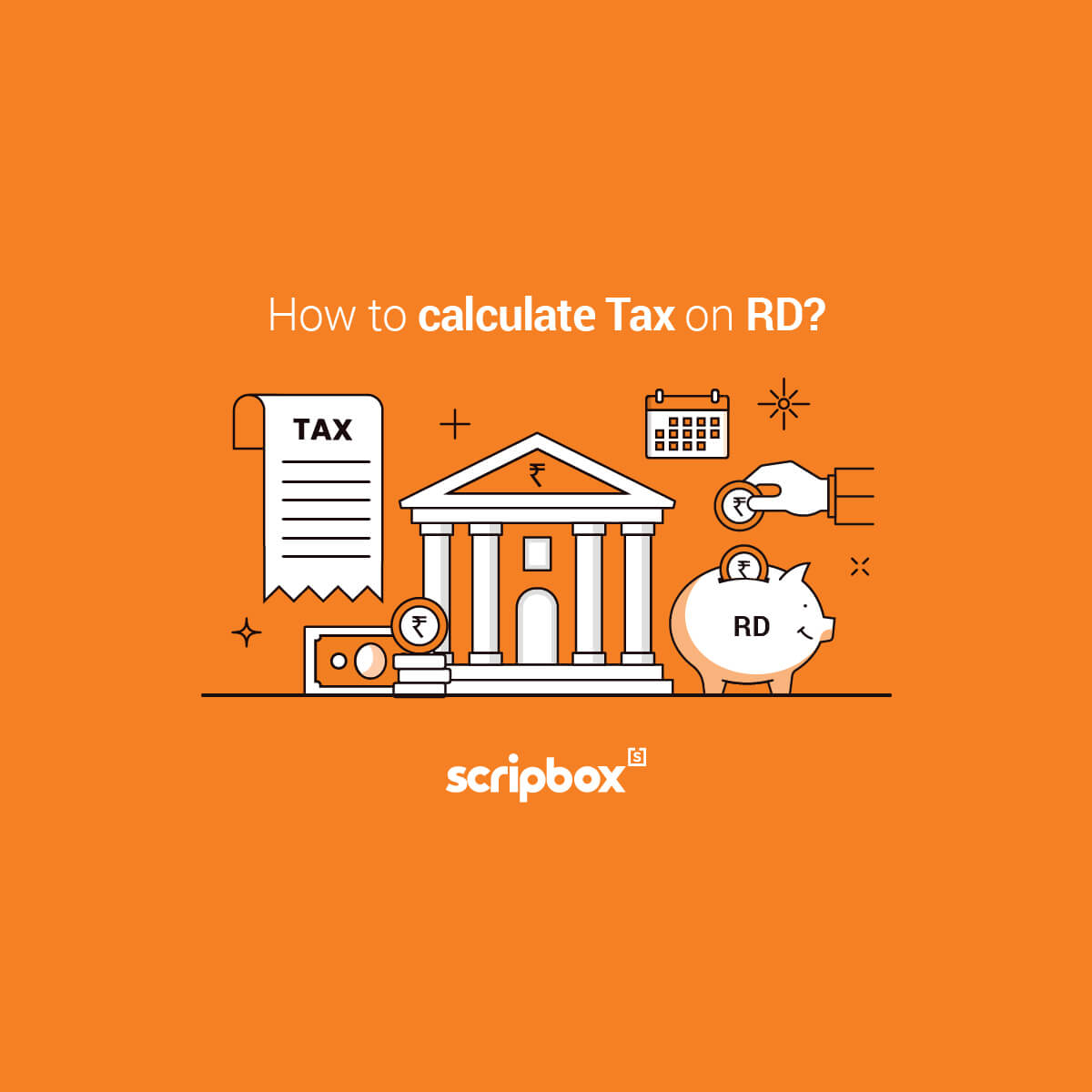It is a very common mistake to consider TDS and TCS the same for the purpose of taxation. In fact, there lies a major difference between TDS and TCS. This difference between the TDS and TCS alters the point of tax deduction and collection, who is responsible and applicability.
Tax Deducted at Source (TDS)
The purpose of introducing TDS was to collect tax income from the very source of such income. Hence, a taxpayer who is paying another taxpayer an amount must deduct TDS and pay it to the Central Government. The concept of deducting and paying ensures that tax is collected by the payer of income and the receiver offers his or her income for taxation. This way the Central Government keeps a track of the income and receives taxes in advance. The taxpayer can claim the TDS at the time of filing the income tax return. The rate of TDS differs on the basis of the type of income, type of taxpayer, and residential status of the taxpayer.
Illustration on TDS
Mr Ajay is liable to pay professional fees of Rs 1,20,000 to Miss. Shova. Miss Shova is receiving an income which is subject to TDS. Section 194J provides for the deduction of TDS on the professional fee at a rate of 10%. Hence, Mr. Ajay must deduct Rs 12,000 (Rs 1,20,000 * 10%). He must deduct TDS either at the time of making the payment of the fee or while debiting the fee in his books of accounts. Mr Ajay will pay Miss Shova Rs 1,08,000 and deposit Rs 12,000 to the credit of the government. Miss Shova will receive Rs 1,08,000 (Rs 1,20,000 – Rs 12,000). She can claim Rs 12,000 as an advance tax while filing her income tax return.
Tax Collected at Source (TCS)
Under TCS, the seller of goods is responsible for collecting tax from the buyer of such goods. After collecting the tax, the seller deposits the amount to the credit of the central government. The incidence of collection arises at the time of receipt of the sales proceeds or while debiting the accounts, whichever is earlier.
Illustration on TCS
Kajal and Co. sells 112 kgs of scrap for Rs 1,12,000 to XYZ Limited. XYZ Limited is liable to pay the sale value to Kajal and Co. Sale of scrap is subject to tax collection at source at a flat rate of 1% of the sale value. Kajal and Co. will collect TCS at a rate of 1% which is Rs 1,120 (Rs 1,12,000 * 1%). This amount must be deposited on or before the due date to the credit of the Central Government. Hence, Kajal and Co will raise an invoice of Rs 1,13,120 (Rs 1,12,000 + Rs 1,120).
Difference Between TDS and TCS
The following table explains the difference between TDS and TCS using different aspects such as applicability, rate, payment, return filing and so on.
| Parameters | TDS | TCS |
| Applicability | Any income other than the sale of goods | Sale of goods |
| Point of Deduction and Collection | Making a payment or debiting the books of accounts, whichever is earlier | Receipt of sales proceeds or debiting books of accounts, whichever is earlier |
| Deductor/ Collector | The receiver of such services or payer of the amount | Seller of goods |
| Returns Filing | Quarterly Form 24Q – Salary, Form 26Q – Other than Salary, Form 27Q – Deductee is an NRI | Quarterly Form 27EQ |
| Due date for Payment to the Government | 7th day of the next MonthMarch – 7th April (Govt Deductors)March- 30th (Other Deductors) | 7th day of the next Month |
| Interest for Default in Deduction or Collection | Not Deducted – 1% per month or part of the month Deducted Not Paid To Govt – 1.5% per month or part of the month | 1% per month or part of the month |
| Late Fee For Default in Return Filing | Rs 200 per until default continues | Rs 200 per until default continues |
| Default in Disclosure of PAN | Flat TDS rate of 20% | Twice the applicable TCS rate or 5%, whichever is higher |
| Forms Applicable for Lower or Nil Deduction or Collection | Form 15G and Form 15H, as applicable | Form 13 |
Frequently Asked Questions
No, TDS and TCS are not the same. Every taxpayer must understand the difference between TDS and TCS. The tax deducted at source is applicable to an income other than the sale of goods. Moreover, under TDS the receiver of services is responsible for deducting and paying the rest of the amount to the provider of services. On the other hand, TCS is applicable to the sale of goods. The seller collects TCS, adds the TCS to the invoice, and deposits the TCS to the Government.
Yes, TDS and TCS both can be deducted or collected. However, it completely depends on the type of transaction, income, limit, rate, and type of taxpayer. This is why the Income Tax Departments lays down the difference between TDS and TCS.
No, TDS is not applicable on TCS. Both TDS and TCS have different applicability and types of transactions. While TCS is applicable to the sale of certain goods. TDS is applicable on an income other than the sale of goods like commission, professional fees, salary, and so on.
No, TCS cannot be adjusted against TDS and vice versa. The point of collection and deduction are very different.























Show comments